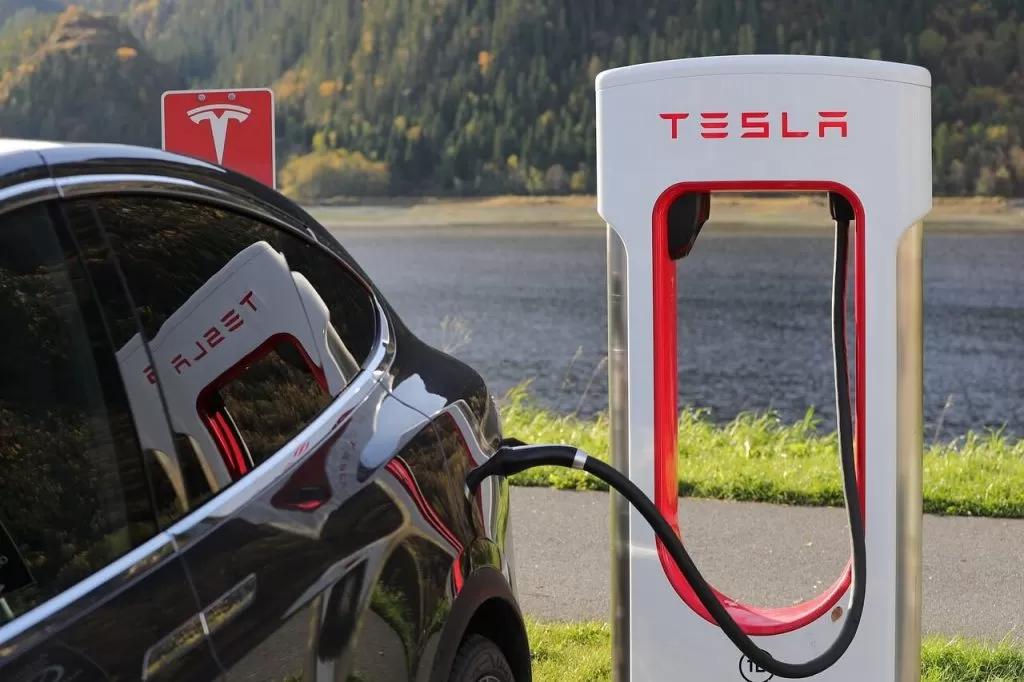In a world where climate change headlines dominate our news feeds and sustainability becomes more than just a buzzword, the choice between electric vehicles (EVs), hybrids, and traditional gas-powered cars is more significant than ever. According to Bloomberg Green, 2023 marks a pivotal year, with electric vehicle sales expected to surpass 14 million globally, a clear sign of the accelerating shift towards greener transportation. But how do these vehicles compare in cost and what does the future hold for each? Buckle up as we dive into a comprehensive analysis of EVs vs. hybrids vs. gas cars, exploring their cost structures and future outlook.
Cost Breakdown: EVs vs. Hybrids vs. Gas Cars
Initial Purchase Price
When considering the initial purchase price, gas-powered vehicles generally have the upper hand. As of 2023, a mid-range gas vehicle like the Toyota Camry starts at approximately $25,000. In contrast, hybrid models such as the Toyota Prius begin around $28,000, while electric vehicles like the Tesla Model 3 start at about $40,000.
- Gas Cars: $25,000
- Hybrids: $28,000
- EVs: $40,000
However, this initial cost doesn’t tell the whole story. Bloomberg Green notes that government incentives for EVs and hybrids can significantly alter this equation, potentially reducing the effective purchase price by several thousand dollars, depending on the country.
Fuel and Energy Costs
Fuel costs are a significant factor in the ongoing expense of owning a vehicle. Gasoline prices fluctuate, but on average, Americans spend about $2,000 annually on fuel. In contrast, hybrids offer better fuel efficiency, reducing annual costs to around $1,200. EVs, meanwhile, shine in this category, with electricity costs averaging only $500 per year, according to InsideEVs.
- Gas Cars: $2,000/year
- Hybrids: $1,200/year
- EVs: $500/year
Maintenance and Repairs
Electric vehicles require less maintenance due to fewer moving parts and no need for oil changes, potentially saving owners up to $1,000 annually compared to gas cars. Hybrids also benefit from reduced maintenance costs, although their dual power systems can complicate repairs. According to AutoCar, the average annual maintenance cost is about $500 for EVs, $700 for hybrids, and $900 for gas cars.
- Gas Cars: $900/year
- Hybrids: $700/year
- EVs: $500/year
Depreciation
When considering long-term value, depreciation is a crucial factor. Historically, gas cars have depreciated slower than EVs due to the latter’s rapid technological advancements. However, as TechCrunch highlights, the gap is narrowing. EVs like the Tesla Model S retain about 60% of their value after three years, compared to 50% for comparable gas vehicles.
Practical Comparison: Which is Right for You?
How to Choose
When deciding between an EV, hybrid, or gas car, consider the following factors:
- Driving Habits: If you primarily drive short distances or live in urban areas, an EV might be ideal. For long-distance drivers, hybrids offer the flexibility of both electric and gas power.
-
Budget: Factor in total cost of ownership, including fuel, maintenance, and potential incentives.
-
Environmental Impact: If reducing your carbon footprint is a priority, EVs are the most environmentally friendly option.
Charging Infrastructure and Convenience
Charging infrastructure is a critical consideration for potential EV buyers. According to Reuters Mobility, the global number of public charging stations has surpassed 2.2 million, with significant growth expected in 2024. For those with access to home charging, EVs offer unmatched convenience. However, if you frequently travel to areas with limited charging options, hybrids might be a more practical choice.
- Home Charging: Essential for EV owners, costing around $0.13 per kWh.
- Public Charging: Costs vary, averaging $0.30 per kWh.
Where to Buy
Each category has numerous options:
- EVs: Tesla, Rivian, Lucid Motors, BYD
- Hybrids: Toyota, Hyundai, Ford
- Gas Cars: Ford, Nissan, Volkswagen
Checking out multiple dealerships and online platforms can help you find the best deals and incentives.
Future Outlook: What Lies Ahead?
The future of automotive technology is undoubtedly leaning towards electrification. According to the International Energy Agency (IEA), EVs could account for 30% of global vehicle sales by 2030. Brands like Volkswagen and Hyundai are investing billions to expand their EV lineups, while battery technologies continue to advance, promising longer ranges and faster charging times.
Hybrids still have a role to play, particularly in markets where charging infrastructure lags. However, as Wired reports, the push for net-zero emissions by 2050 could see gas and hybrid vehicles gradually phased out in favor of all-electric fleets.
Conclusion
In the battle of EVs vs. hybrids vs. gas cars, there’s no one-size-fits-all answer. Each option has its strengths and weaknesses, depending on your lifestyle, budget, and environmental priorities. As technology continues to evolve and infrastructure expands, the scales may tip further in favor of electric vehicles. Are you ready to make the switch, or will you wait for the next phase of automotive innovation? Share your thoughts and join the conversation on the future of transportation.

